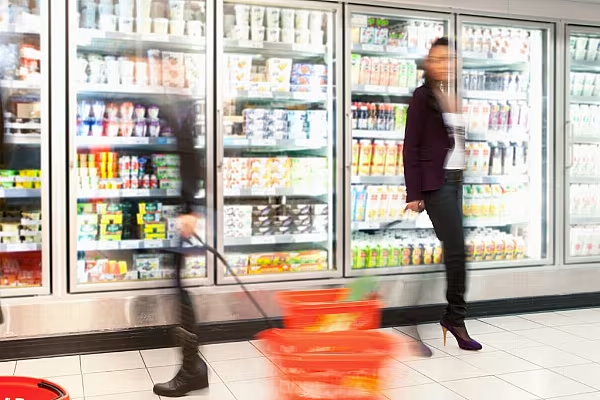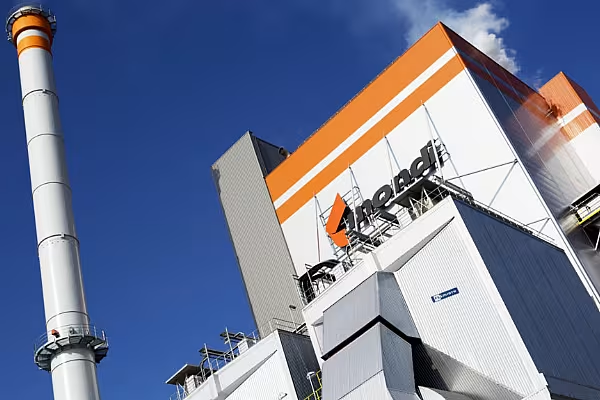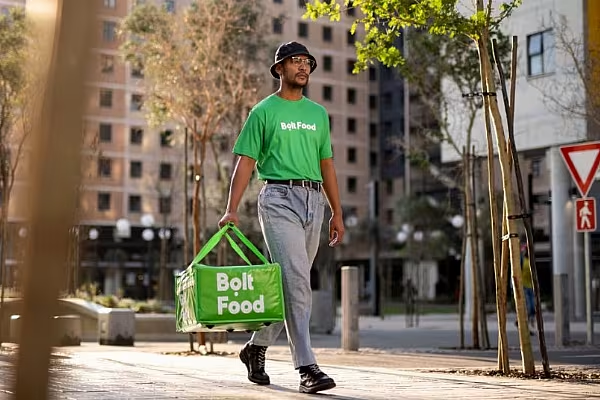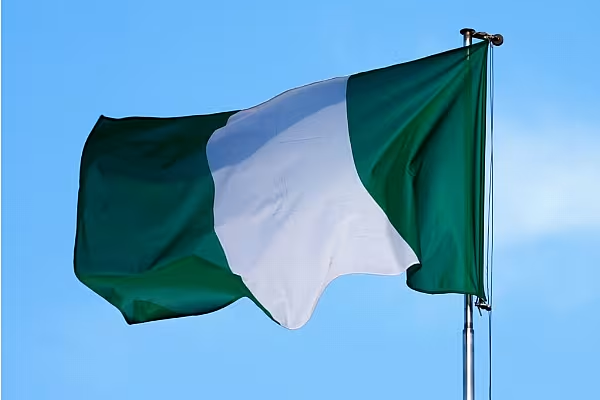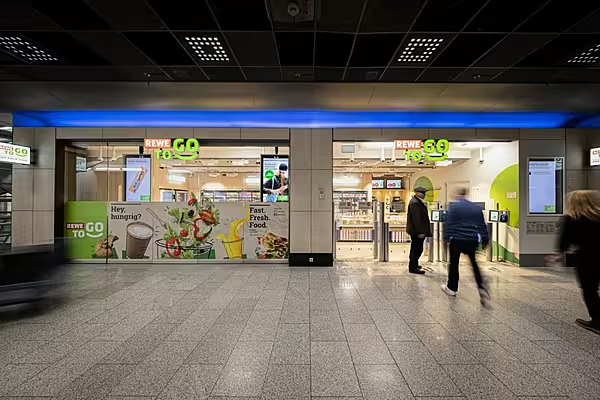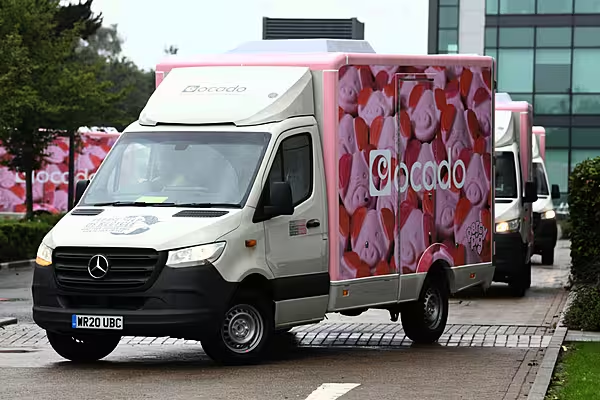Improvements along the cold chain could help to reduce global food waste by around 620 million metric tonnes each year, a new study by the University of Michigan has found.
According to the study, which was published in the peer-reviewed Environmental Research Letters journal, maintaining fully-refrigerated supply chains could also cut food waste-related greenhouse gas emissions by 41% globally.
Currently, about a third of the food produced each year goes to waste, weighing in at approximately 1.3 billion tonnes, while 800 million people suffer from hunger and malnutrition, according to the U.N.'s Food and Agriculture Organization.
In addition, food waste accounts for estimated 8% of human-caused greenhouse gas emissions.
'Greatest Potential'
The study found that Sub-Saharan Africa and South and Southeast Asia have the 'greatest potential' for reductions in both food losses and related emissions through increased cold-chain implementation.
South and Southeast Asia could see food losses reduced by 45%, as well as a 54% decrease in associated emissions in an optimised cold chain scenario.
In Sub-Saharan Africa, those reductions could be 47% and 66%, respectively.
In North America, Europe, and other more industrialised regions, most food loss occurs at the household level, the study found. As a result, improvements in the cold chain would not significantly reduce overall food losses in these areas.
'Scale Of The Opportunity'
"I was surprised to find the scale of our opportunity for reducing food loss and waste globally," said study lead author Aaron Friedman-Heiman, master's student at U-M's School for Environment and Sustainability and Ross School of Business.
"Approximately half of the roughly 1.3 billion tonnes of food that goes to waste annually can be solved through food supply-chain optimisation."
In compiling the study, the researchers developed a food-loss estimation tool to evaluate the impact of improved cold chain access on food loss and associated greenhouse gas emissions.
This tool was applied to seven food types across seven regions, utilising data from the U.N. Food and Agriculture Organization and other sources.
Optimised Cold Chain
"Although cold chain infrastructure is rapidly increasing worldwide, an optimised cold chain will likely develop at different rates and in different ways across the globe," commented co-author Shelie Miller, a professor at U-M's School for Environment and Sustainability and at the College of Engineering.
"This analysis demonstrates that while increased refrigeration should lead to improvements in both food loss and greenhouse gas emissions associated with food loss, there are important tradeoffs associated with cold chain improvements by food type and region."
